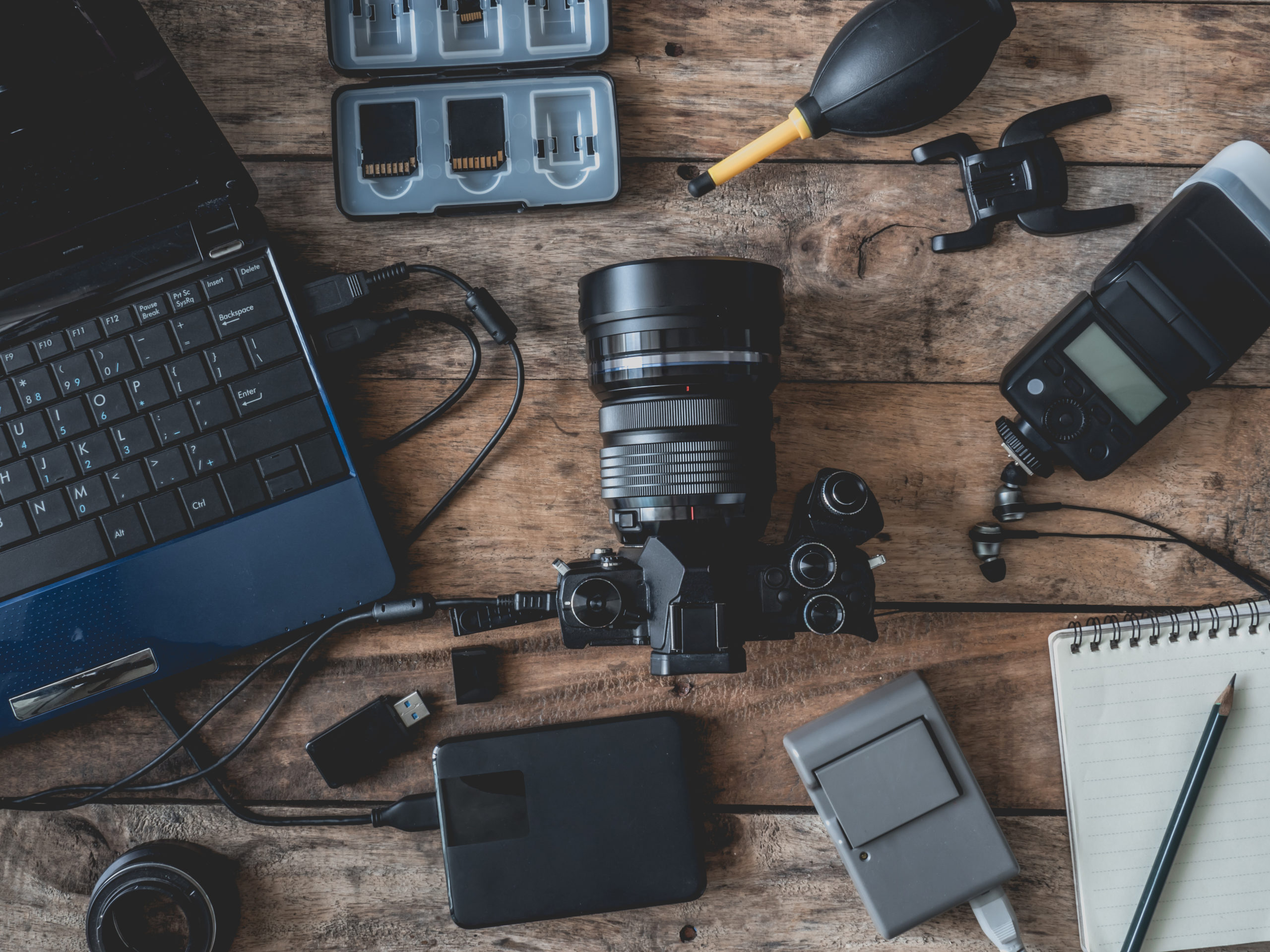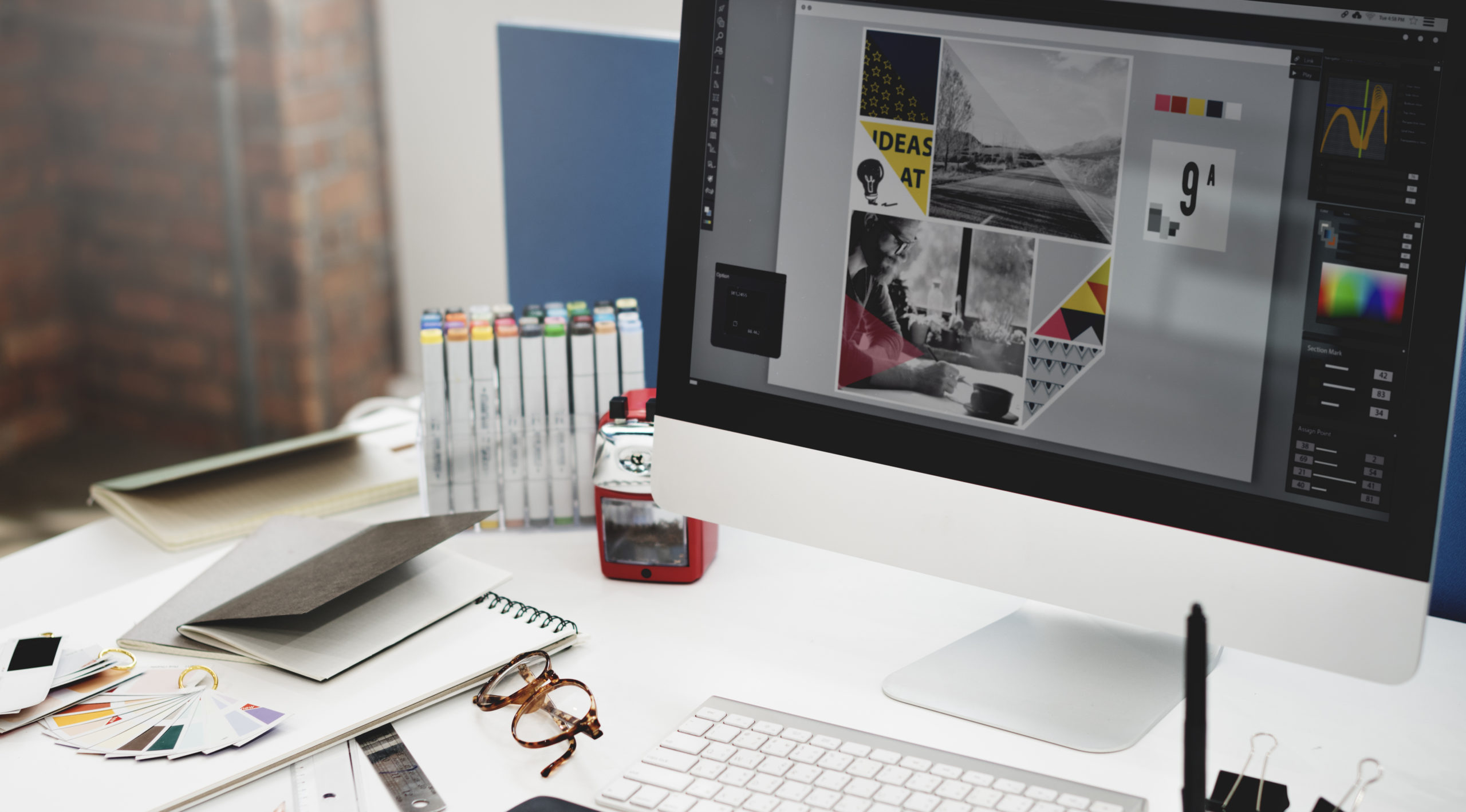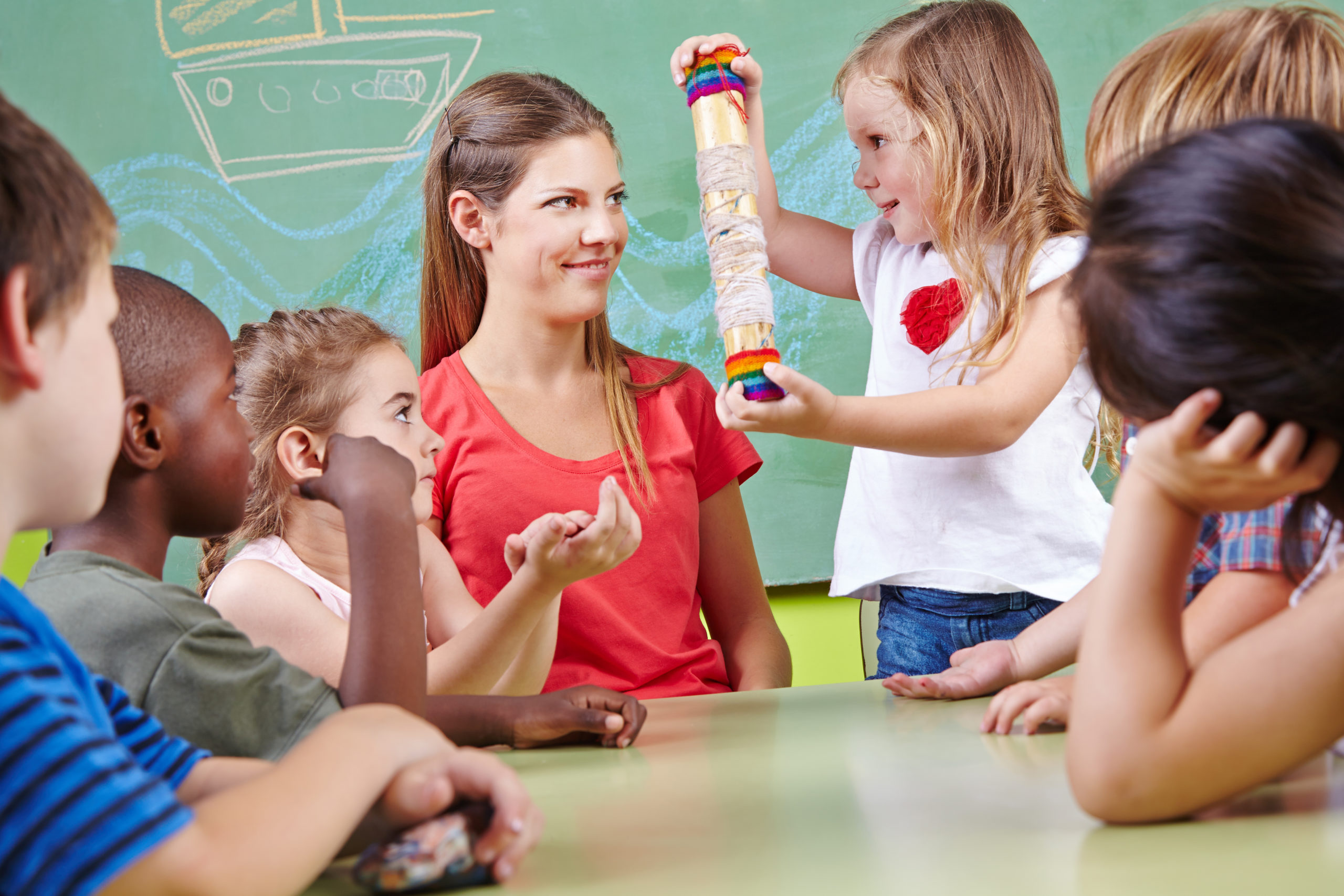Digital Photography

Thinking of taking on one of the many Digital Photography Courses available? Mark Godfrey adivses anyone thinking about a year behind the lens on what to expect:
It wasn’t without a heavy hint of truth that the 19th century French artist and critic Jacques Daures said, “from now on, painting is dead.” Daures had just seen the first photograph. So stunned was he by the reproductive capacity of the camera that he felt little but despair for the future of those artists who up till then had laboured to reproduce scenes from daily life. The camera could record all those details in an instant.
Background
Today, billions of people across the globe own and use their own cameras. Of the trillions of photos taken every year, however, only a tiny, tiny percentage could be considered as anything near art. But then, most camera users are not interested in artistic merit. They’d prefer to capture and record a special moment in their lives – a wedding kiss, a birthday smile. Others take a camera along on nature hikes or on bird-watching expeditions to obtain photographs. However serious you take your photography, the art of taking pictures has become a popular hobby and, depending on how good you want to get, one that can require a lot of expensive equipment.
We’ve all been subjected to the tedium of sitting through photo albums filled with stupidly bad photos. Heads chopped off, red eyes, faces barely visible amid hazy shadows… Most of these mistakes can be corrected quite easily. Amateur photographers have enormous resources at their disposal to help with learning the craft of taking good photos. There are camera shops, books, magazines, newspaper columns, and exhibitions of photographs. Many of the world’s finest photographers have published volumes of their work. Better, today’s cameras have automatic devices that relieve the picture taker of any thoughts other than concentrating on the subject.
Why Study Photography?
Photography as an art form – and we presume you’ll want to produce art-quality prints after completing a digital photography course – derives from an understanding of every phase of the process, from using the right camera, lighting, and film, to the developing process. Having a good teacher will help. Membership of a camera club or advice from an experienced photographer you may know can speed the learning process. Try, for instance, calling by a local newspaper office and ask the staff photographer if they’ve got a moment to spare. Ask them for some advice – photographers, being among the public so much, are invariably very cheery folk so they won’t mind giving you some opinions on their trade. Some photographers work only in black and white, while others insist on colour. Others want only slides, while many stick to simple prints. An amateur photographer who does all aspects of the work must have equipment for developing, cropping, printing, and enlarging.
Focus on Digital Photography
Moore’s Law has ensured that the once unaffordable digital camera is finally accessible to hobbyists and aficionados alike. For an investment of between 1 – 5 thousand euros, you can own an impressive piece of kit (don’t forget to budget for extra batteries, lenses and memory cards). Or alternatively, you can rent something similar for only a few hundred. If you know what you are doing you can utalise the science and the settings to allow you to take a truly breathtaking picture. Work with raw, high-quality images that you can edit and perfect in Photoshop, without the costly process of developing film.
If you sign up for a photography course, ask first about the quality of the facilities available. The teacher will usually be an enthusiastic photographer themselves and will want the best equipment in the first place. Be prepared too for field trips – going out to take photographs which you’ll develop on the course. Think about subject matter: it will be as variable as the interests of each photographer in the class, but it’s useful to have some idea first of what you’d like to do.
Search Courses Online Now
Strap your camera to your waist, take it where you go and you’ll never miss a golden moment. There’s an absolute multitude of photography courses right around the country, so the best thing to do right now is go to the Whichcollege.ie search engine and find the course nearest to you. Then start thinking about your camera. Is it good enough to use on the course? Try to talk to the course provider about that. If you’ve got some spare cash and want to update anyway, then shop around – and be wise when buying. Choose a reputable brand that can be repaired around the world if you have a problem while you’re travelling.


Leave a comment